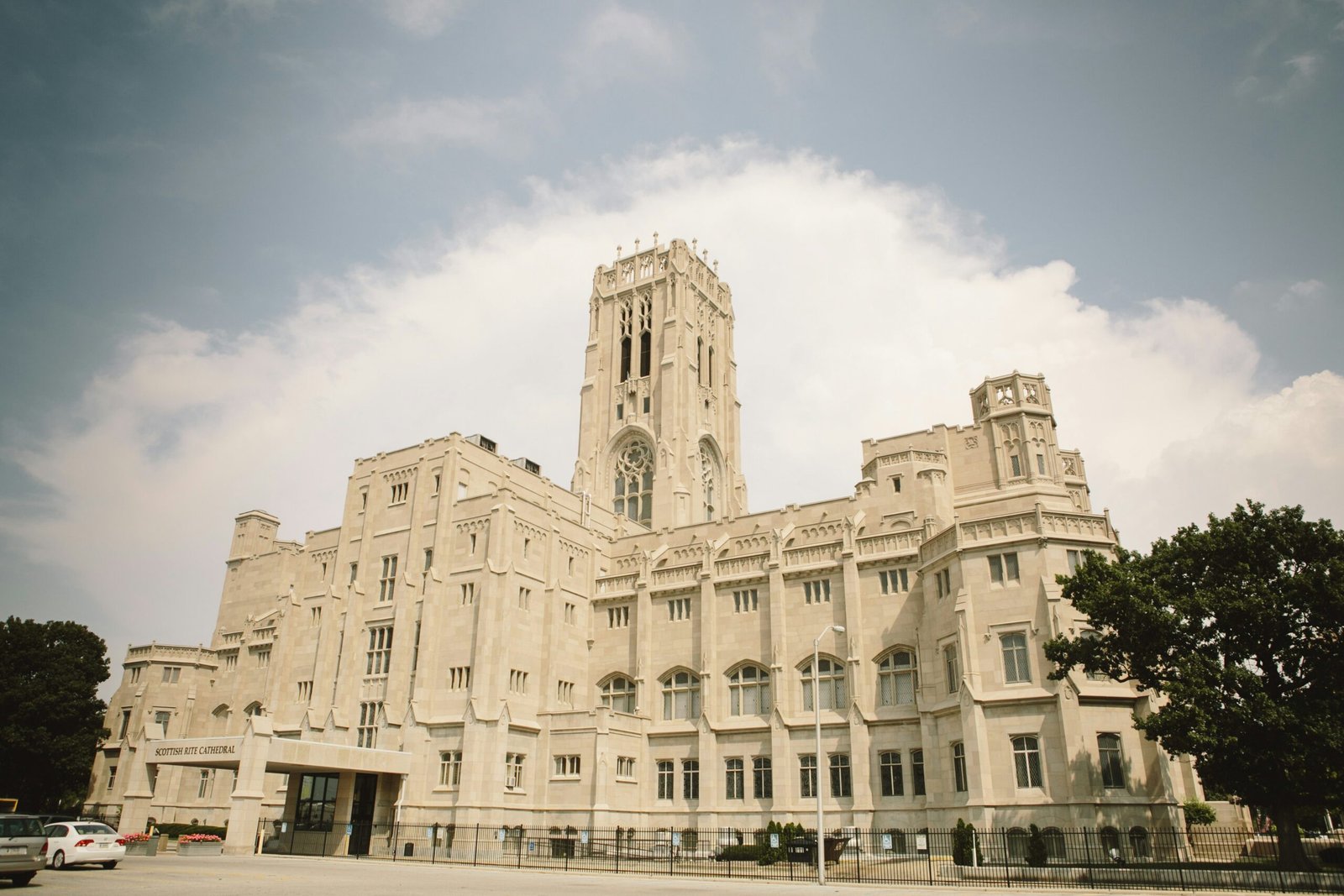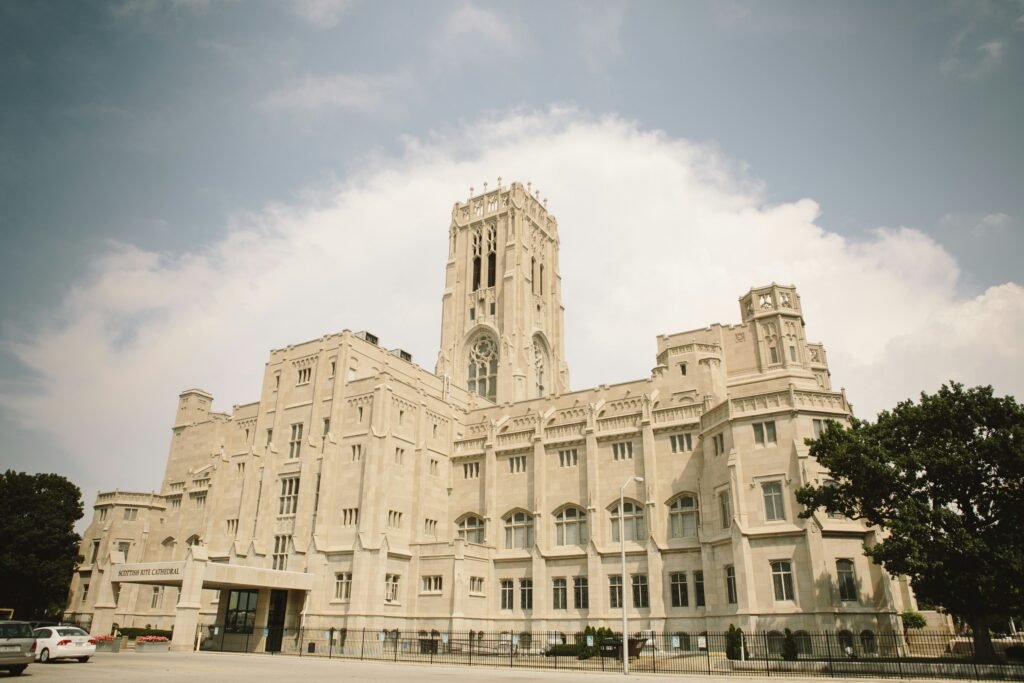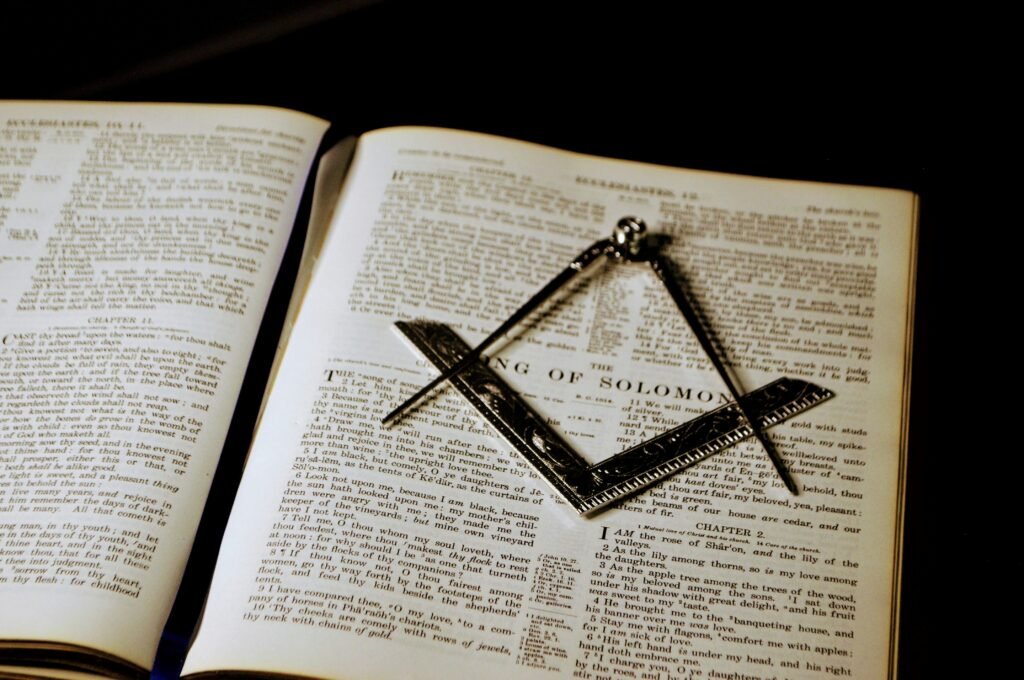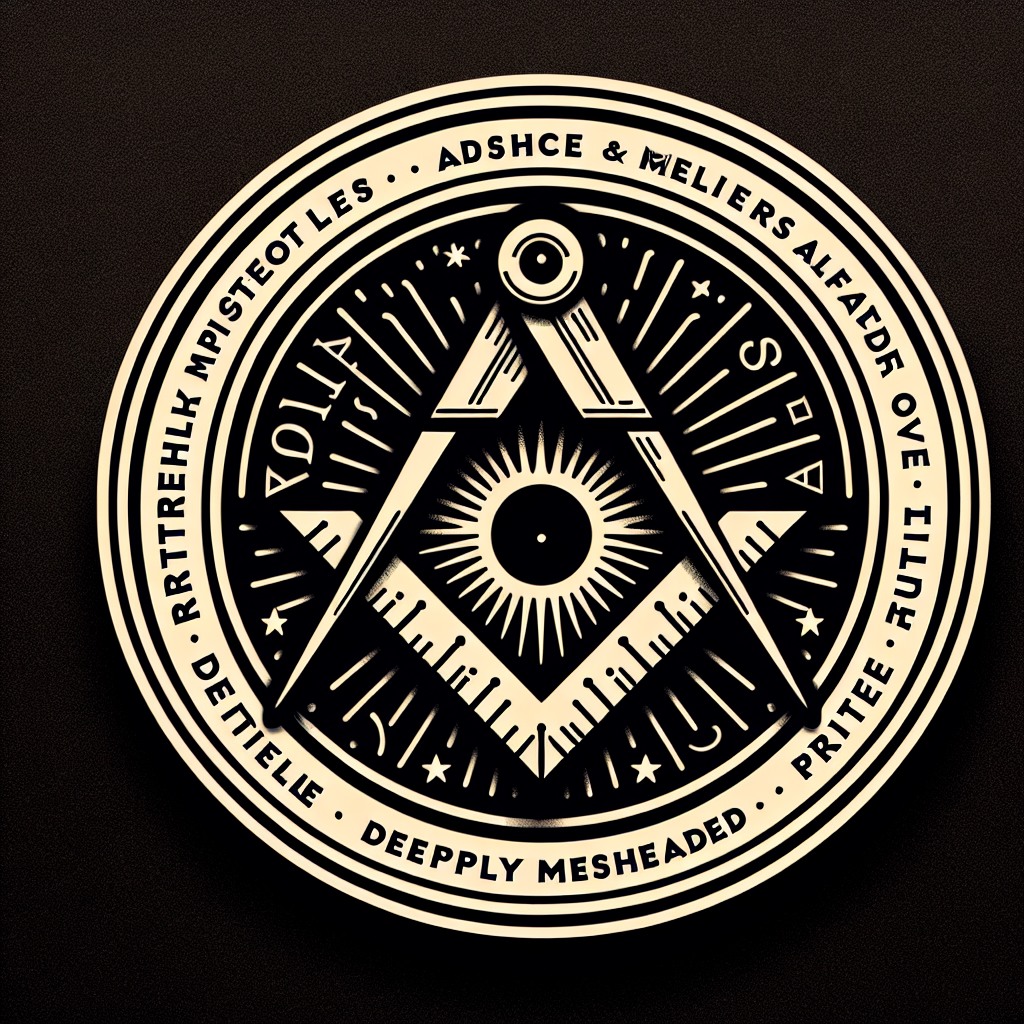
Embarking on a journey through one of the world’s oldest and most renowned organizations, you’ll explore the core values and tenets that form the backbone of Masonic traditions in this article titled “What Are The Masonic Principles”. This insightful piece will lift the veils and help you unwrap the enigmatic principles and philosophies that govern the complex world of Freemasonry. With each line, you will uncover the significant pillars of Brotherly Love, Relief, and Truth that continue to inspire and guide millions of Freemasons around the globe.

Understanding Masonic Principles
Masonry, also known as Freemasonry, is one of the world’s oldest and largest fraternal organizations. It’s a society that values tradition, history, and timeless wisdom, all of which is encapsulated in an overarching set of principles that both guide its members and define its purpose.
Definition of Masonic Principles
To understand Masonic principles, you first need a clear definition. In essence, these timeless precepts are guidelines that instruct Masons on how to live morally and ethically. Intricately woven into Masonic experience, these principles are expressed in symbolic language and traditional ceremonial rites. They promote virtues of brotherhood, truth, relief, moral outreach, self-improvement, and even extend to governance of the society itself through rituals and secrecy.
Origins of Masonic Principles
The origins of Masonic principles are rooted in the guilds of medieval stone masons. Over time, these practical guidelines for craftsmanship expanded to encompass philosophical teachings on life and morality. It’s said that the thoughtful nature of masonry work lends itself well to this transition. Thousands of years later, these principles continue to be carried forward, interpreted, and adhered to by Masons worldwide.
The Principle of Brotherhood
Brotherhood is a fundamental Masonic principle. This isn’t an abstract concept, but a tangible aspect of Masonic life that impacts every Mason.
Meaning of Brotherhood in Masonry
In Masonry, brotherhood transcends boundaries of language, culture, religion, and socio-economic status. All Masons are called ‘brothers’ to signify not only a bond of mutual respect and support, but also their shared commitment to the fraternal order’s principles. Brotherhood in Masonry represents a universal fraternity, unifying men of diverse backgrounds and beliefs into a harmonious whole.
Application of Brotherhood in Masonic Life
The application of brotherhood is visible in every aspect of Masonic life. Brothers aid each other in times of need, offer moral support, and foster a sense of community within the society. Caring for fellow Masons is not merely a responsibility, but an act of manifesting brotherhood principle into action.
The Principle of Relief
A critical part of Masonic principles is relief, which is heavily tied to the fraternity’s charitable activities.
Explanation of the Concept of Relief
Within Masonry, the principle of relief refers to aiding those in distress—both Masons and non-Masons. This extends beyond financial aid to encompass all types of support, including emotional relief, physical assistance, and aid in personal growth. Relief follows naturally from the feelings of empathy and compassion instilled by the brotherhood principle.
Philanthropy and Charitable Work in Masonry
Masons are deeply involved in philanthropic activities and charitable work, often functioning quietly behind the scenes. From funding scholarships to supporting hospitals, Masons have made substantial contributions to society. It is their way of putting the principle of relief into action—a tangible symbol of their commitment to help humanity and uplift societies.
The Principle of Truth
Among the most esteemed Masonic principles is the principle of truth. It underpins the ideology of the fraternity and informs the behavior of its members.
Interpretation of Truth in Masonry
Truth in Masonry is multifaceted. It entails honesty, integrity, and being true to oneself and others. Furthermore, it signifies a quest for universal truths—including spiritual, moral, and philosophical understanding. This unending pursuit of truth encourages Masons to remain lifelong learners, ever searching for greater light.
The Role of Integrity and Honesty in Masonic Life
Integrity and honesty are paramount in Masonic life. Masons are obliged to act truthfully in all dealings, upholding the highest ethical standards. Adherence to truth enables Masons to build trust-filled relationships with their brothers, further solidifying the bonds of the fraternity.

Moral and Ethical Teachings
Masonic principles encapsulate a moral and ethical framework intended to help Masons lead virtuous lives.
Moral Code of Masonry
The moral code of Masonry instructs Masons to practice virtues such as honesty, kindness, and forgiveness, while discouraging vices like greed and deceit. Moral teachings resist codification in rigid laws, instead relying on living examples and moral allegories to convey their teachings, promoting a participant’s intellect, wisdom, and moral judgment.
Teachings on Virtues and Vices in Masonic Principles
Masonic principles emphasize personal understanding and application of virtues and vices. Instead of imposing rigid doctrines, they encourage Masons to explore the meaning of virtue and vice within their lives. As such, every Mason embarks on his own personal journey towards becoming a better person.
Masonic Symbols and their meanings
Symbolism is a key teaching method in Masonry, with each symbol encapsulating a distinctive Masonic truth or principle.
Significance of Masonic Symbols
Masonic symbols serve as powerful teaching tools. They are visual reminders of the order’s principles and help convey complex philosophical and moral teachings in a digestible manner. Examples include tools used in stone masonry, such as the square and compasses, often associated with virtue and ethical boundaries.
How Symbols Represent Masonic Principles
Each Masonic symbol is intimately connected with a specific principle. For example, the plumb signifies moral uprightness, while the level represents equality. By understanding these symbols, Masons are better able to comprehend and internalize the ideologies inherent in their society.

The Principle of Personal Growth and Self-Improvement
The path of self-improvement is another critical Masonic principle—it’s a lifelong pursuit for every Mason.
Significance of Self-Improvement in Masonic Teachings
Masonic teachings emphasize the constant pursuit of knowledge and growth—both morally and intellectually. Self-improvement isn’t about achieving perfection but the ongoing journey towards becoming a better person. This principle underscores the significance of learning, reflecting, and improving in every aspect of life.
Masons’ Commitment to Personal and Spiritual Growth
Motivated by the principle of self-improvement, Masons exhibit a steadfast dedication to personal and spiritual growth. This commitment is expressed through intellectual exploration, philanthropic efforts, fostering positive relationships, and practicing ethical behavior. It’s a continuous journey, enabling Masons to refine their character and expand their understanding of the world.
The Principle of Secrecy
Masonry is often associated with secrecy. However, it’s essential to understand this concept within the broader landscape of Masonic principles.
Understanding the Secretive Nature of Masonry
The concept of secrecy in Masonry isn’t about withholding important information from the world but has more to do with preserving the traditional initiation experience. Masonic teachings are not hidden from its members but revealed gradually as they progress through the degrees. These secrets are typically moral truths, conveyed through symbols and allegories that must be interpreted and internalized by each Mason.
Role and Importance of Secrecy in Masonry
Secrecy creates a shared experience that deepens fraternal bonds among Masons and sets the stage for profound personal insights. The confidentiality promotes trust within the fraternity and safeguards the sacredness of Masonic ceremonies, rituals, and symbols. Indeed, secrecy is not about darkness or obscurity, but rather a tool for illuminating Masonic principles.

Ritual and Ceremony in Masonic Principles
Rituals and ceremonies are vital aspects of Masonic life. They are crafted to instill and reinforce the society’s principles in the hearts of Masons.
Purpose of Masonic Rituals and Ceremonies
Masonic rituals and ceremonies serve to educate and inspire its members. Rooted in centuries-old traditions, these practices communicate moral teachings, encapsulate Masonic history, and fortify fraternal bonds. They are deeply symbolic, utilizing allegory and metaphor to convey deeper truths about life, morality, and spiritual growth.
Teachings and Principles Revealed through Rituals and Ceremonies
As Masons progress through different degrees, rituals and ceremonies reveal new layers of meaning and understanding. They encapsulate lessons of brotherhood, integrity, relief, personal growth, and more. Each ritual holds a rich tapestry of knowledge, imparted not just through words, but through allegory, symbol, and collective experience.
Masonic Principles and Society
Masonic principles influence not only the lives of its members but also the societies in which they operate.
Masons’ Commitment to Societal Growth
Masons have a sustained commitment to societal growth. This is seen through their numerous philanthropic activities, educational funding, and emphasis on good citizenship. By promoting the welfare of the community, they bring Masonic principles to life—thus fostering harmony, knowledge, and mutual aid within society.
The Role of Masonic Principles in Shaping Societies
Masonic principles have played a pivotal role in shaping societies. By promoting values like brotherhood, truth, relief, and self-improvement, Masons encourage a moral and ethical lifestyle, positively influencing society. The collective impact of Masons globally, driven by these principles, contributes to creating a peaceful and progressive society.
In a nutshell, Masonic principles reflect a profound philosophy designed to inspire its members to lead impactful, fulfilled, and ethical lives. They serve as a compass, navigating Masons through the complexities of life towards personal growth, societal benefit, and timeless wisdom.













